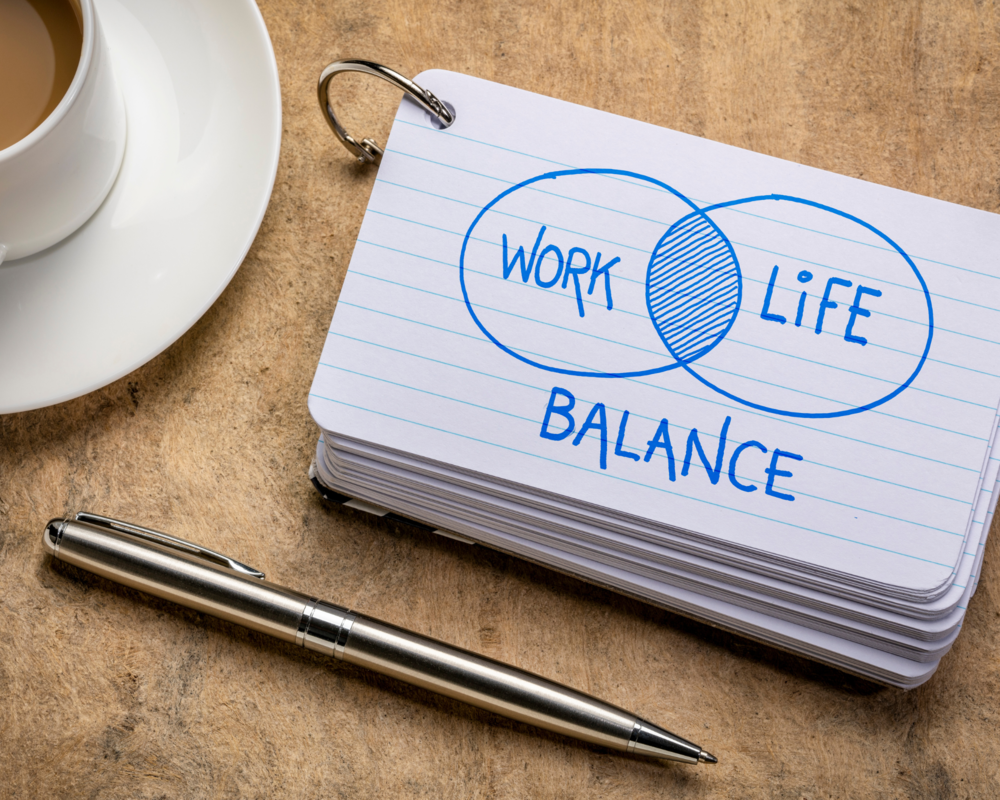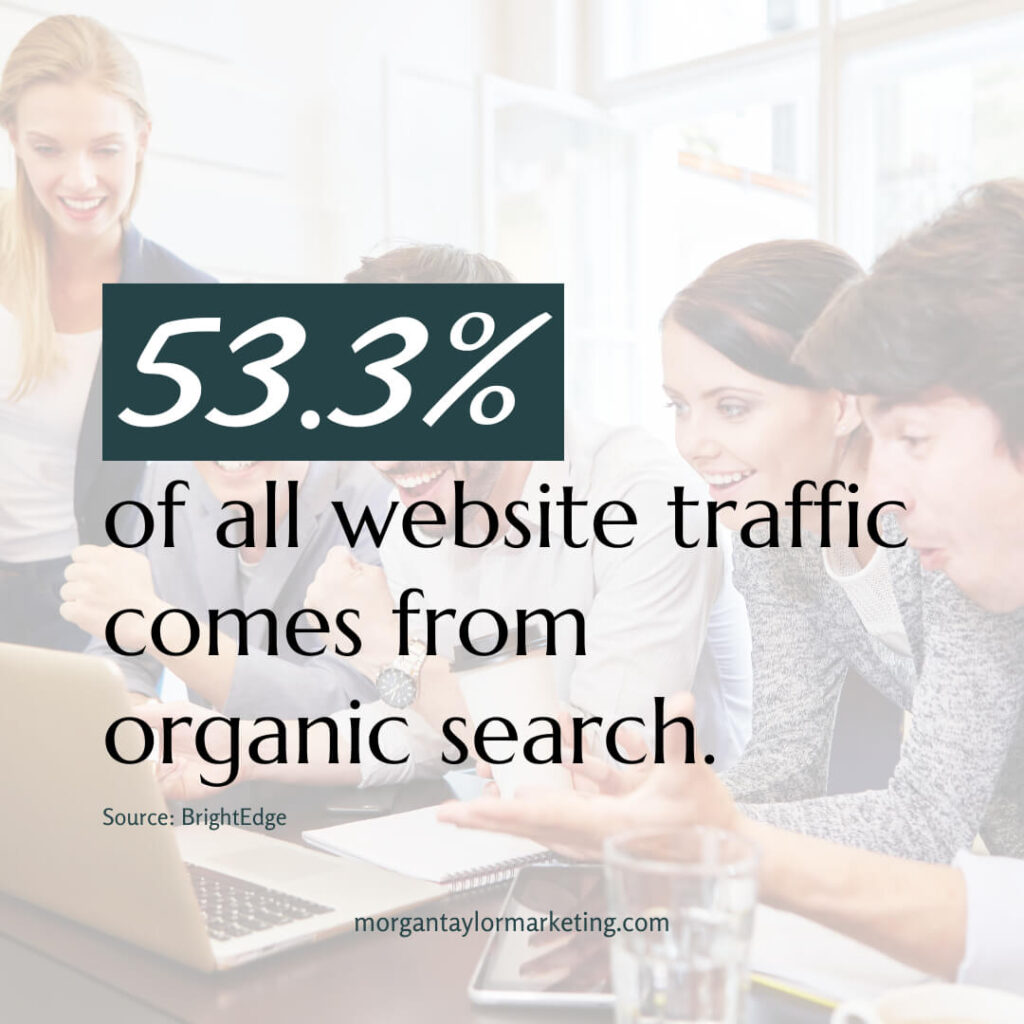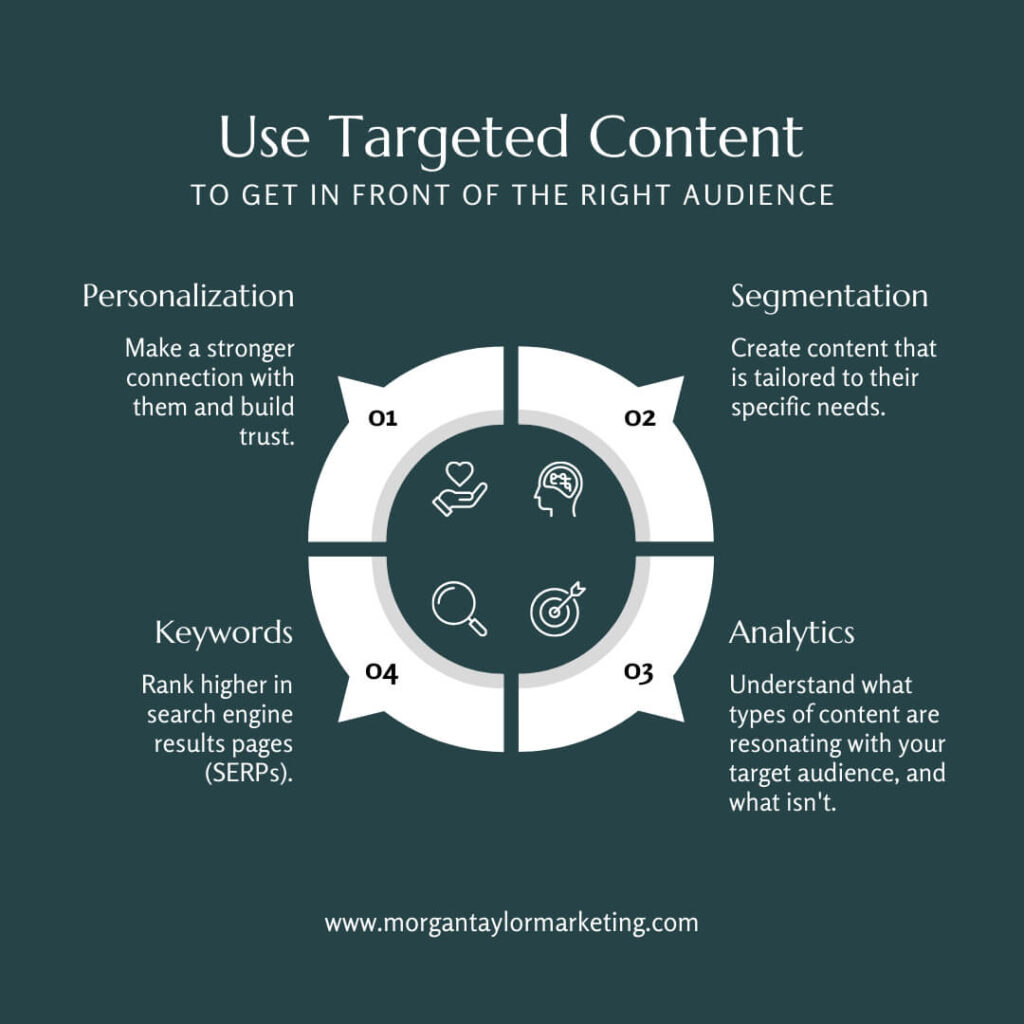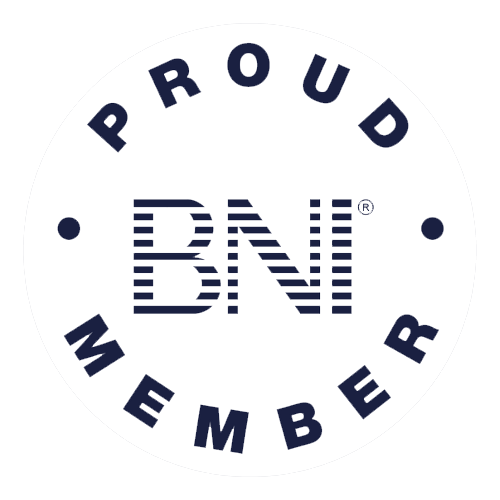Discover why a healthy work-life balance is crucial for professionals. Find harmony, reduce stress, and thrive in both your career and personal life!
In today’s fast-paced society, achieving a healthy work-life balance has become increasingly vital for professionals. With the demands of modern life constantly on the rise, it’s crucial to understand the significance of balancing work commitments with personal well-being. This blog post aims to shed light on the benefits and strategies for maintaining a healthy work-life balance, providing professionals with valuable insights and guidance.
Understanding Work-Life Balance

Work-life balance refers to the equilibrium between one’s professional obligations and personal life. It is a state where individuals can effectively manage their work responsibilities while still having time and energy for their pursuits, hobbies, and relationships. For professionals, work-life balance is particularly relevant as it directly impacts their physical and mental well-being.
An unhealthy work-life balance can have detrimental effects on professionals. Continuous stress and pressure can lead to physical ailments such as fatigue, sleep disorders, and even chronic illnesses. Moreover, it can negatively affect mental health, leading to burnout, anxiety, and depression. Recognizing the signs of an imbalanced work-life dynamic is crucial to proactively address any potential issues.
Benefits of a Healthy Work-Life Balance
Maintaining a healthy work-life balance offers numerous benefits for professionals that extend beyond their personal lives. By prioritizing this balance, professionals can experience increased job satisfaction and motivation. When individuals have time to engage in activities they enjoy and spend quality time with loved ones, they feel a sense of fulfillment and contentment that directly translates to their professional lives.
Furthermore, a healthy work-life balance contributes to improved physical and mental health. Professionals who have time for regular exercise, proper sleep, and relaxation are more likely to experience enhanced overall well-being. This, in turn, positively impacts their performance and productivity at work.
A healthy work-life balance also promotes efficiency and productivity. When professionals have sufficient time for rest and rejuvenation, they return to work with increased focus and creativity. By striking a balance between work and personal life, individuals can avoid the trap of burnout and sustain their productivity in the long run.
Additionally, maintaining a healthy work-life balance strengthens relationships and personal fulfillment. Nurturing meaningful connections with family, friends, and significant others contributes to a sense of happiness and satisfaction. This, in turn, supports professionals in achieving a more fulfilling and purposeful life.
Strategies for Achieving Work-Life Balance
To achieve a healthy work-life balance, professionals can employ several strategies that effectively manage their time, establish boundaries, practice self-care, embrace flexibility, and seek support.
1. Time Management Techniques
Prioritizing tasks and setting realistic goals are essential for effective time management. Categorizing tasks by urgency and importance allows professionals to allocate their time efficiently. Realistic goals prevent overcommitment and promote steady progress.
Delegation and outsourcing are valuable techniques for distributing tasks and freeing up time. By assigning tasks to others, professionals can focus on more critical activities and reduce stress. Outsourcing certain tasks ensures a focus on core competencies.
Time-blocking and scheduling techniques help structure the day. Allocating specific time slots for work, personal activities, and relaxation promotes a well-rounded schedule and a healthy work-life balance.
2. Setting Boundaries
Establishing clear boundaries between work and personal life is vital for maintaining balance. Professionals should designate specific hours for work and dedicate the remaining time to personal activities. By consciously separating these spheres, professionals safeguard their personal time and prevent work from encroaching on their personal life.
Learning to say no to excessive work demands is essential for a healthy work-life balance. It enables professionals to set limits and avoid overcommitting themselves. By prioritizing their well-being and personal commitments, professionals can establish a more sustainable work-life dynamic.
Creating a dedicated workspace and allocating specific time for personal activities reinforce these boundaries. Having a designated area for work allows professionals to mentally transition into work mode when needed and disconnect when the workday ends. Likewise, setting aside time for personal hobbies, exercise, or relaxation ensures professionals prioritize their well-being and personal fulfillment.
3. Practicing Self-Care
Prioritizing self-care is a fundamental aspect of maintaining a work-life balance. It is important to participate in activities that improve one’s physical, mental, and emotional well-being. This can include exercise, meditation, journaling, spending time in nature, or pursuing hobbies and interests outside of work.
Incorporating self-care activities into daily routines is crucial to ensure consistency. By consciously setting aside time each day for self-care, professionals establish a routine that supports their overall well-being and helps combat the negative effects of stress and overwork.
Mindfulness and stress management techniques are effective tools for professionals to cope with the pressures of work. Practicing mindfulness, such as deep breathing exercises or meditation, helps individuals stay present, reduce stress, and enhance their overall focus and well-being. Implementing stress management techniques such as time-outs, relaxation exercises, or seeking professional help when needed, equips professionals with the necessary tools to address stressors and maintain balance.
4. Flexibility and Remote Work
Flexible work arrangements can significantly contribute to achieving a work-life balance. Exploring the benefits of flexible work options, such as remote work or flexible schedules, allows professionals to tailor their work to their personal needs. Flexibility provides the opportunity to integrate work and personal life more seamlessly.
Strategies for managing remote work challenges involve establishing a structured routine and creating a conducive workspace at home. Setting boundaries between work and personal life becomes even more critical when working remotely. Professionals should define specific work hours, limit distractions, and create a dedicated workspace to ensure they can disconnect from work when needed.
Maximizing productivity and work-life balance in remote settings requires effective time management and the use of technology tools. Professionals can leverage productivity apps, project management software, and communication tools to streamline their work processes and enhance efficiency.
5. Support Systems and Communication
Building a strong support network is vital for professionals to maintain a healthy work-life balance. Surrounding oneself with family, friends, and like-minded individuals who understand and value work-life balance helps create a positive and supportive environment. Sharing challenges, seeking advice, and gaining perspectives from others can contribute to finding effective strategies for balance.
Effective communication with colleagues and supervisors is crucial in establishing work-life boundaries and managing expectations. By openly discussing workload, deadlines, and personal commitments, professionals can set realistic expectations and ensure a harmonious work environment. Communication enables professionals to negotiate flexible arrangements that accommodate their work-life needs.
Seeking professional help when needed is essential for professionals facing persistent work-life balance challenges. Consulting with therapists, coaches, or mentors can provide valuable insights, guidance, and tools to overcome obstacles and maintain a healthy work-life equilibrium.
Overcoming Common Work-Life Balance Challenges

Achieving a healthy work-life balance often entails overcoming common challenges that professionals encounter. Overcoming guilt and the fear of missing out (FOMO) is crucial when prioritizing personal time and saying no to excessive work demands. Recognizing that personal well-being is equally important as professional success enables professionals to let go of guilt and embrace self-care.
Managing work-related stress and burnout requires proactive measures. Professionals can mitigate stress by incorporating stress management techniques into their routines, setting boundaries, and ensuring they have adequate time for relaxation and rejuvenation. Recognizing the signs of burnout and taking action promptly, such as seeking professional help or making necessary adjustments to workload or work environment, is vital to avoid long-term negative effects.
Navigating work-life balance challenges in high-demand professions may require additional strategies. It is crucial for professionals in these industries to set realistic expectations, prioritize self-care, and actively seek support from colleagues, mentors, or professional organizations. By implementing targeted techniques and seeking guidance, professionals can achieve balance even in demanding fields.
Work-Life Balance for Professional Growth

Maintaining a healthy work-life balance is essential for long-term career growth. Professionals who prioritize balance are more likely to experience sustained success and fulfillment in their careers. Balancing work and personal goals involves aligning one’s ambitions with their overall well-being and ensuring that career aspirations do not overshadow personal happiness.
Strategies for integrating work and personal goals include setting clear career objectives that align with personal values and priorities. Professionals can identify opportunities that support their work-life balance goals, such as companies with a flexible culture or positions that offer remote work options. By making intentional choices and considering the long-term impact on their work-life balance, professionals can create a sustainable career path.
The key to long-term success is striking a balance between ambition and well-being. Professionals should strive to set realistic expectations and avoid sacrificing their well-being for short-term gains. Embracing a holistic approach that values both professional growth and personal fulfillment allows professionals to enjoy meaningful and sustainable careers.
Work-Life Balance and Organizational Culture
Organizations play a crucial role in promoting work-life balance. Employers can implement strategies to create a supportive work environment that values the well-being of their employees. This can include offering flexible work arrangements, promoting open communication, providing resources for stress management, and fostering a culture that encourages work-life balance.
Building a culture that values work-life balance involves setting policies and norms that support employees’ well-being. Encouraging a healthy work-life balance not only benefits individual professionals but also contributes to overall employee satisfaction, productivity, and retention. Organizations that prioritize work-life balance create an environment where professionals can thrive both personally and professionally.
Prioritizing a healthy work-life balance is crucial for professionals to thrive both personally and professionally. By implementing the strategies discussed in this article and taking proactive steps to maintain balance, professionals can lead fulfilling lives and achieve long-term success. It’s time to prioritize work-life balance and create a harmonious and sustainable approach to professional life.








